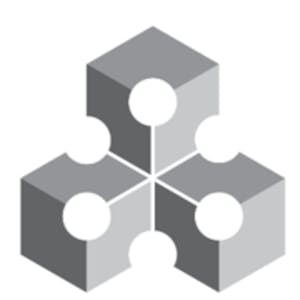Network Dynamics of Social Behavior

$49
ENROLL NOWCourse Overview
How do revolutions emerge without anyone expecting them? How did social norms about same sex marriage change more rapidly than anyone anticipated? Why do some social innovations take off with relative ease, while others struggle for years without spreading? More generally, what are the forces that control the process of social evolution –from the fashions that we wear, to our beliefs about religious tolerance, to our ideas about the process of scientific discovery and the best ways to manage complex research organizations? The social world is complex and full of surprises. Our experiences and intuitions about the social world as individuals are often quite different from the behaviors that we observe emerging in large societies. Even minor changes to the structure of a social network - changes that are unobservable to individuals within those networks - can lead to radical shifts in the spread of new ideas and behaviors through a population. These “invisible” mathematical properties of social networks have powerful implications for the ways that teams solve problems, the social norms that are likely to emerge, and even the very future of our society. This course condenses the last decade of cutting-edge research on these topics into six modules. Each module provides an in-depth look at a particular research puzzle -with a focus on agent-based models and network theories of social change -and provides an interactive computational model for you try out and to use for making your own explorations! Learning objectives - after this course, students will be able to... - explain how computer models are used to study challenging social problems - describe how networks are used to represent the structure of social relationships - show how individual actions can lead to unintended collective behaviors - provide concrete examples of how social networks can influence social change - discuss how diffusion processes can explain the growth social movements, changes in cultural norms, and the success of team problem solving
Course FAQs
What are the prerequisites for 'Network Dynamics of Social Behavior'?
Prerequisites for this continuing education class are set by University of Pennsylvania. Most professional development online classes benefit from some prior knowledge. Please check the provider's page for specific requirements.
Will I receive a certificate for this CE class?
Yes, upon successful completion, University of Pennsylvania typically offers a shareable certificate to showcase your new skills and fulfill your continuing education requirements.
How long does this online course take to complete?
Completion times for online continuing education courses vary. The provider's website will have the most accurate estimate of the time commitment needed.





